• Adenovirus Service • AAV Service • Lentivirus Service • Retrovirus Service




Missense mutations in the KRAS gene often lead to its persistent activation, which in turn causes dysregulation of downstream signaling cascades and drives tumorigenesis. KRAS gene mutations are present in nearly 25% of human cancers and are frequently found in some of the most common cancer types, such as lung cancer (35%), colorectal cancer (49%), and pancreatic adenocarcinoma (92%).

In the fight against AIDS, scientists have always been committed to finding a way to completely cure this stubborn disease. In recent years, the rapid development of mRNA technology has brought unprecedented opportunities to the field of gene therapy. From the successful development of COVID-19 vaccines to the clinical application of CRISPR gene editing technology, mRNA technology has continuously refreshed our understanding of life sciences.

Recently, in a research report titled "SP140–RESIST pathway regulates interferon mRNA stability and antiviral immunity" published in the international journal Nature, scientists from the University of California and other institutions revealed how the conservative transcriptional repressor SP140 indirectly regulates the stability of interferon β (IFN-β) through the RESIST protein, and also revealed the antiviral activity of SP140 itself. The relevant research results may provide a new perspective for understanding the antiviral immune mechanism.

Colorectal cancer (CRC) is the third most common cancer worldwide (nearly 2 million, second only to lung cancer and breast cancer), and the second most common cancer in terms of deaths (nearly 1 million, second only to lung cancer). Colorectal cancer is usually asymptomatic in the early stages and is often diagnosed in the late stages. Therefore, active treatments such as surgery, radiotherapy, and chemotherapy are required. However, these treatments also have limitations. Surgery has a high recurrence rate, radiotherapy can cause serious complications, and chemotherapy often leads to drug resistance, with about 50% of patients experiencing recurrence. In addition, the incidence of colorectal cancer has been increasing in young people under the age of 50 over the past 30 years. This makes colorectal cancer a major public health and socioeconomic issue.

In today's global public health field, vaccination is undoubtedly the key line of defense against infectious diseases. From the raging of the COVID-19 pandemic to the normalized prevention and control of various infectious diseases, the importance of vaccines is self-evident. However, how to improve the immune efficacy of vaccines, especially to enhance CD8 T cell-mediated immune responses, has always been a hot topic for scientists.
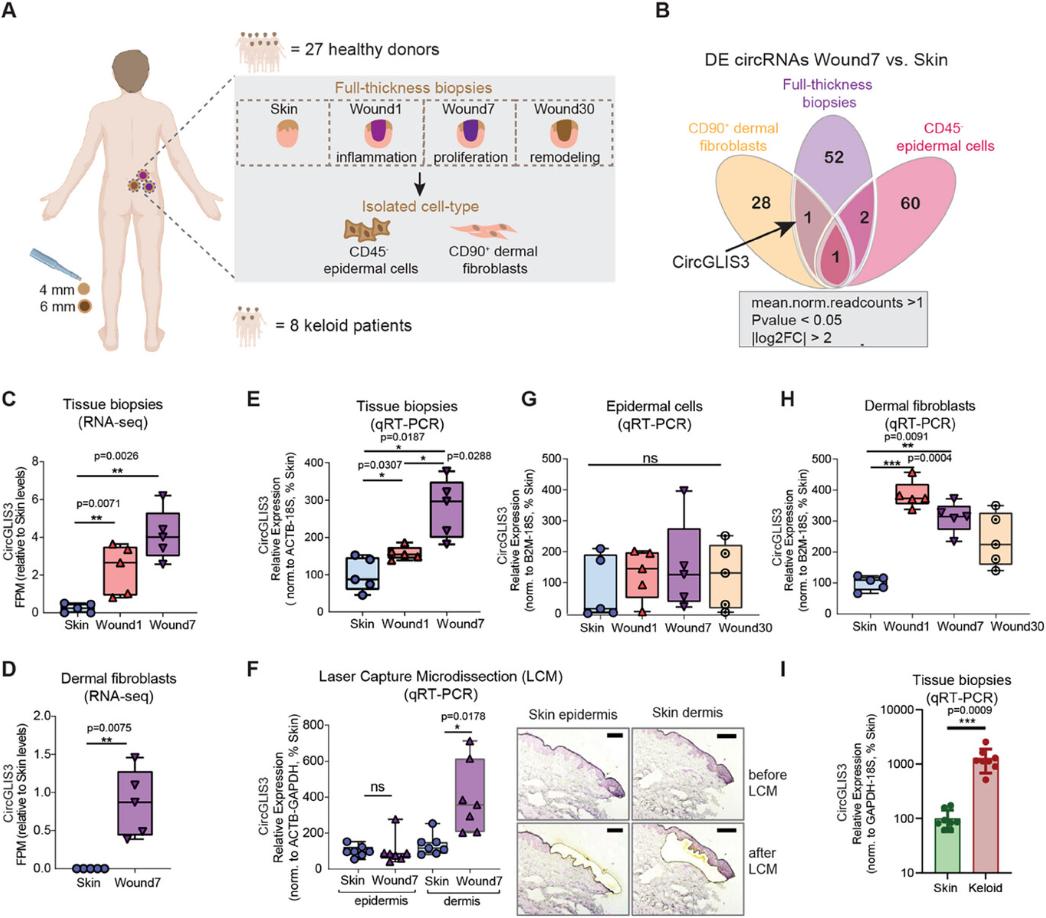
In the frontier field of medical research, skin wound healing has always been the focus of scientists. Whether it is accidental trauma, surgical incision, or skin ulcer caused by chronic disease, the speed and quality of wound healing directly affect the patient's recovery process. However, there are many complex molecular mechanisms in the skin repair process, some of which have not yet been fully revealed.
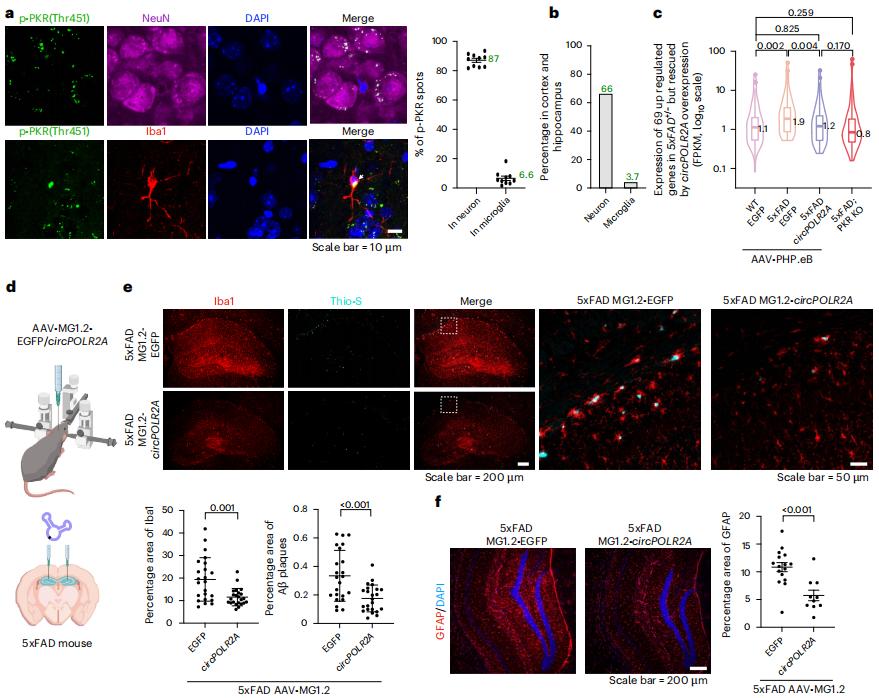
Alzheimer's disease (AD) is an age-related neurodegenerative disease characterized by progressive memory loss and cognitive dysfunction. It is characterized by amyloid β (Aβ) plaque deposition and neuroinflammation, which plays a central role in the pathogenesis of AD as it exacerbates Aβ and Tau pathology.
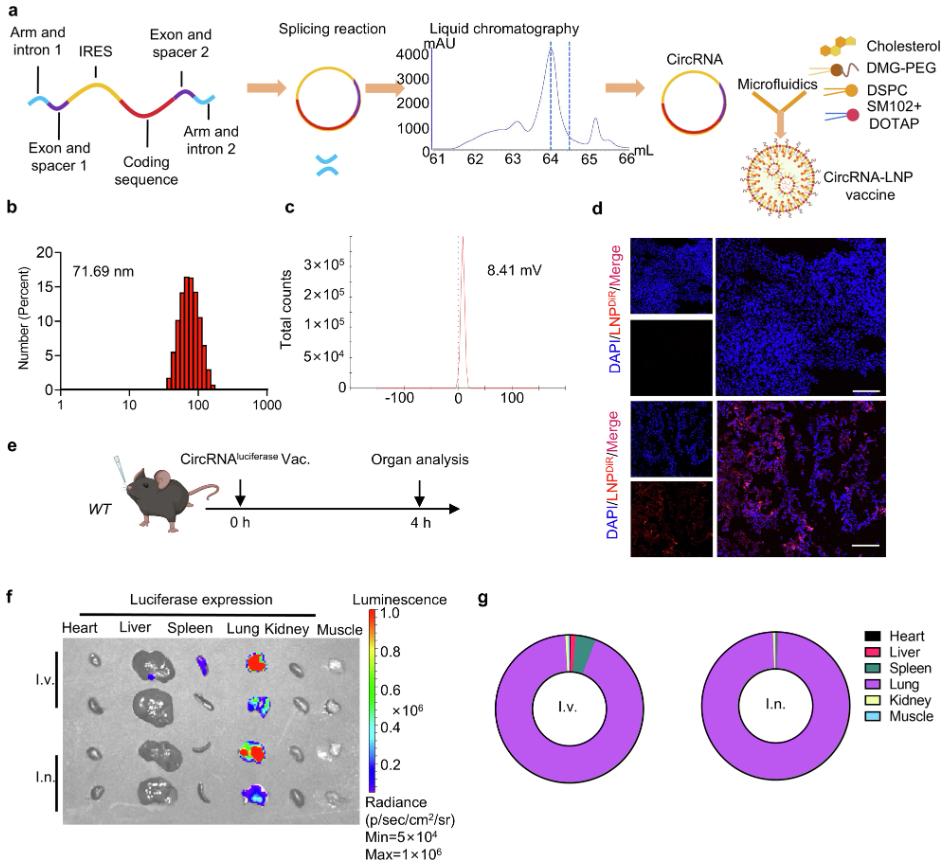
Recently, a research team from Tsinghua University published a research paper titled "Intranasal prime-boost RNA vaccination elicits potent T cell response for lung cancer therapy" in the journal Signal Transduction and Targeted Therapy.
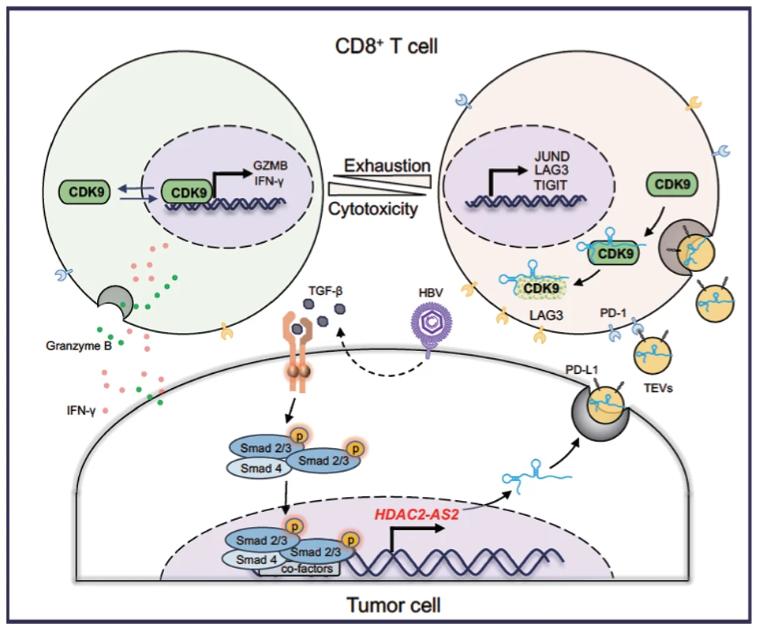
Hepatocellular carcinoma (HCC) is the third leading cause of cancer-related deaths worldwide, second only to lung cancer and gastric cancer in terms of severity. This malignant tumor originates in the liver and often occurs due to chronic hepatitis virus infection (especially hepatitis B virus). Once diagnosed, patients are often in the advanced stage of the disease. Currently, the 5-year survival rate of patients is less than 50%. In recent years, with the rise of immunotherapy, scientists have gradually realized the key role of the tumor microenvironment (TME) in cancer development, but the immune escape mechanism of HCC is still complex and not completely clear.
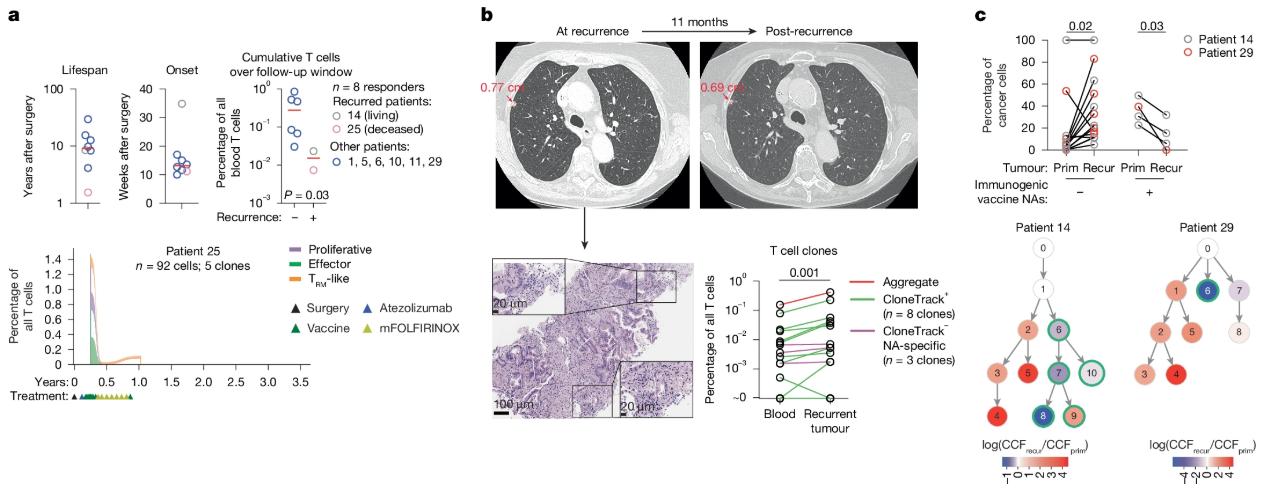
A small but promising clinical study led by Memorial Sloan-Kettering Cancer Center suggests that adding a personalized mRNA vaccine to standard treatment may bring new hope to pancreatic cancer patients. The study followed 16 pancreatic cancer patients. Specifically, in addition to standard treatments such as surgery and chemotherapy, these patients received a customized mRNA vaccine designed using their own tumors. Unlike vaccines that are originally designed to prevent disease, this vaccine is designed to help the patient's own immune system fight cancer.